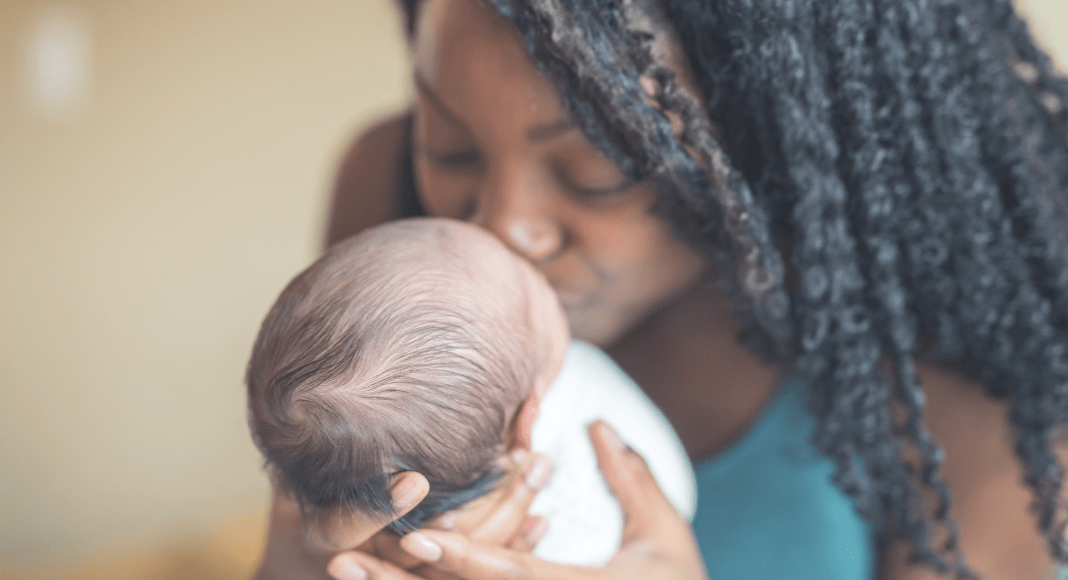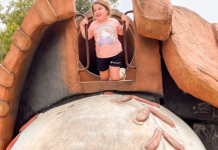 “That’s an awful lot of pressure to put on yourself,” the therapist said.
“That’s an awful lot of pressure to put on yourself,” the therapist said.
SO MUCH PRESSURE.
I realized in the back of my mind all this time, I wanted us so badly to be a “success story.” I wanted our family to set an example of how to navigate adoption well. I wanted others to know it wasn’t so scary; they could adopt too if they felt the tug to do so. Let me be clear though, this wasn’t the reason we decided on adoption to grow our family — more of a side effect.
I had heard the old stats that while over a third of all Americans have considered adopting a child, only 2% of Americans have done it. I wanted to be an advocate for placing children in need into loving families . . . and to do that, I realized I had this subconscious belief that our “story” needed to be great as an example.
I have heard so many distant (not helpful) stories from others about horrific, painful situations in families they knew who had adopted. (Newsflash: those exist in every possible way a family is made.) Yet, I determined that we would not be an adoption horror story. We would love our children so much, in feeling and action, that they would grow up knowing they’re safe and belong with us. We wouldn’t have the narrative of bitter kids, angry kids, or mean kids. We would provide for any possible therapeutic needs and whatever is necessary to help them grow and heal — we wouldn’t mess them up or be the cause of future therapy they may partake in. So naive, right?
Enter: Real, Imperfect People
Any way a child is added to a family, there is stress — adoption included. There are struggles. As much as we may try not to have unrealistic expectations of ourselves and of each other, they are there and often unmet. Chronic stress, depression, anxiety, and declined health likely caused by the former three, are a part of our “story,” regardless of my plans and desires.
How much of that stress, depression, and anxiety were self-induced in my quest for perfection that constantly ended up in failure? (Not to downplay and explain away true biological struggles with mental health.) And how much struggle between myself and my kids occurred because I needed them to measure up to this fantasy standard?
I wanted to be a “success story.” But what does that even mean? It’s an absolute farce. We are people, not a fairy tale storybook. My children have real backgrounds, with real needs that differ from mine completely — as they should. It’s not fair to expect them to be a “success story” with me. My kids didn’t buy into this fairy tale product.
That unexpected remark from the therapist that day was just what I needed to reevaluate everything in my mind.
Are Good Intentions All Good?
At the risk of being too self-critical . . . I’ve always had good intentions. I just realized that one set of good intentions could actually harm my kids and our relationship. My years of good intentions may be setting myself and my most treasured ones up for more struggle.
I’ve wanted us to be and appear as this great, healthy family. (Doesn’t everyone want that?) But does my anxiety in this neverending quest create extra, unintended pressure for my kids as they grow? Could it contribute to that ever-enduring “mom guilt” when life doesn’t go as I pictured it? (Because it definitely won’t! It never does — in wonderful and difficult ways!)
We do have a great family story — a beautiful, breathtaking story. But I can’t keep holding my kids, my husband, and myself to a shiny happy-ever-after as we live this life together. I can let out my breath, and allow us to be imperfect. I have to. Those happy-ever-afters are for the masses, not for the real people in my home — the ones I love the most in this world.
I no longer care about being a “success story.” I’m just trying to do right by my kids, love and support them where they’re at, and be gentle with myself.













